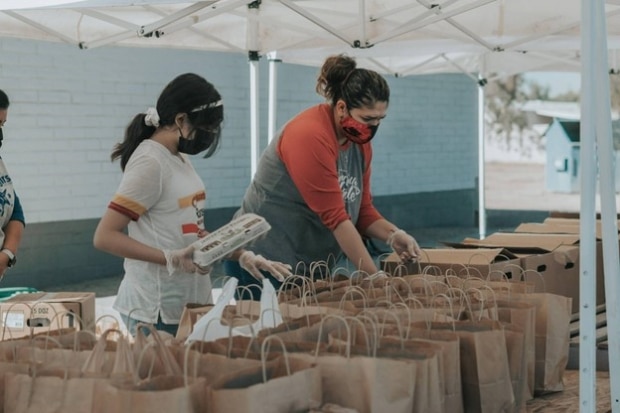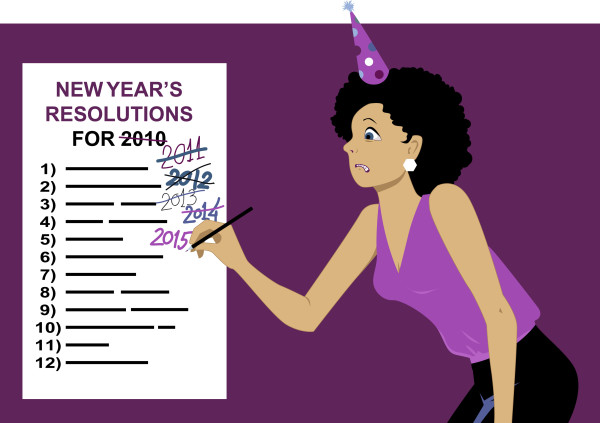How to Replace Five Bad Habits
Chances are you have come across individuals with bad habits. Sometimes those bad habits will drive you crazy, too.
But while you’re thinking about everyone else, what about you or your family? Recognizing you have bad habits or helping your children to recognize their bad habits is only the first step.
If these bad habits are just as frustrating to other people, then now is the time to do something. Figure out if you exhibit any of these types of habits, then let’s look at how to replace them with good ones.
Health
Bad habits dealing with your immediate health are often the easiest to spot. You may avoid being active or indulge in too much rich food.
Overeating or constantly eating even when you’re not hungry is common as well. The effects of these bad habits will likely show up in your weight and muscle strength, but you’ll also notice skin and digestive problems as well as changes in your mood and energy level.
Face these head-on by enlisting a friend to take on a brand new habit with you, whether it be taking a walk every morning or limiting your snacks.
Safety and Social
We are an era almost entirely dependent on technology. The more it’s integrated into the Internet of Things the more it can endanger us.
You may have a habit of texting in the crosswalk or putting earbuds in while driving. In these situations, you’re endangering yourself and others.
Things like watching Netflix excessively or being on your phone when with friends can also stunt your social skills and relationships. The best ways to stop these bad habits in their tracks are to limit what technology you use and when you use it.
When you’re busy doing something, put your phone or tablet somewhere out of sight so it can’t distract you.
Nervousness
Nervous habits, sometimes called nervous ticks, are probably the most common and hardest to break. These are things you don’t realize you’re doing anymore but can be brought on by anger, fear, anxiety or excitement.
You might bite your nails, talk too quickly or grind or clench your teeth. Habits like these may wear on you, providing entryways into your body for germs or requiring a specialty dentist to correct tooth and jaw problems.
After you’ve identified your nervous habit(s), you can figure out what is triggering it – stress at work, the way your spouse does the dishes, going places alone, etc. When you feel those triggers coming on, have a new, positive action ready to replace your negative one.
Some easy ones include saying something nice, counting to ten or visualizing a scene where you feel safe and comfortable.
Self-confidence
The way you interact with others and present yourself says a lot about your self-confidence. Without knowing it, you could be selling yourself short through the way you speak and treat yourself.
You might have a habit of constantly apologizing, always deferring to someone else’s expertise or indulging in self-deprecating humor.
As you continue to act unconfident, you begin to believe it. People instinctively pick up on these hints about how you view yourself, too, so it becomes easy for narcissistic and controlling people to take advantage of you.
Start a new habit of loving and trusting yourself. Acknowledge what you like about yourself along with things you are capable of.
Independence
Striking out on your own can be a tumultuous affair. Many people fall into bad habits that put them in less-than-ideal situations.
Maybe you keep losing jobs, live in a super messy home or spend more money than you have. These bad habits don’t start off at this level, but if you let them continue, you might lose the independence you need to meet your goals.
Start correcting these bad habits by creating a budget and sticking to it – even when you’re sure you can justify going out to eat. This is another great time to enlist a friend to keep you on task.
They can help you build other life skills that will make you a good tenant and trusted employee.






